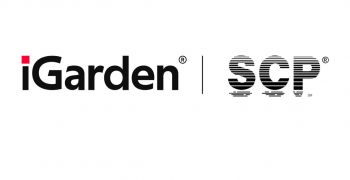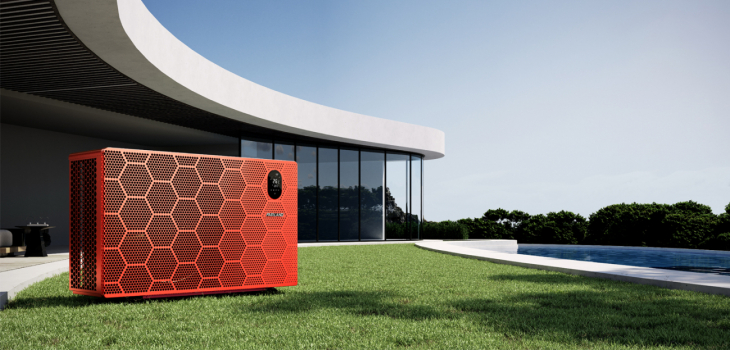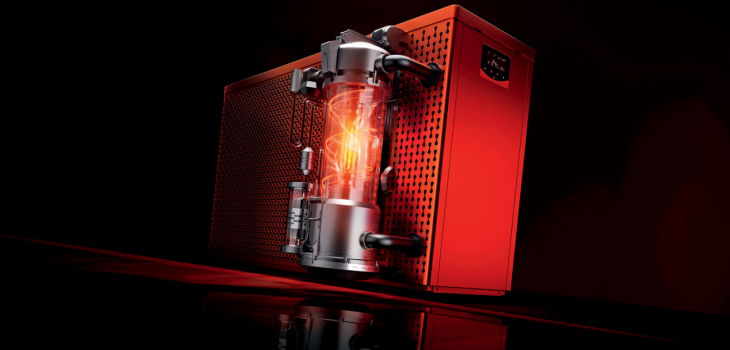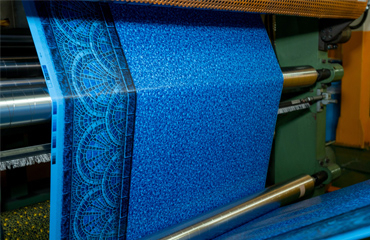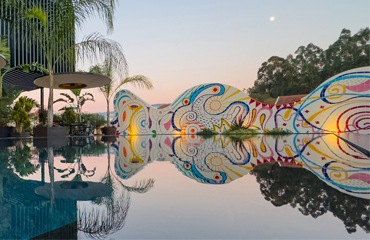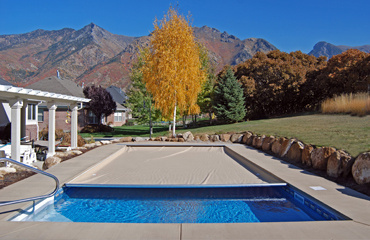With stricter refrigerant regulations coming into force, R290 is emerging as the sustainable choice for heat pumps, delivering both environmental benefits and high performance.
R290: The future of pool heat pumps amidst evolving EU regulations
The pool and heating industries are facing a major regulatory shift. The F-Gas Regulation, effective since March 2024, aims to significantly reduce the use of high global warming potential (GWP) refrigerants. By 2027, monobloc heat pumps using refrigerants with a GWP above 150 will be phased out across the EU.
Despite concerns from some industry players, EU policymakers remain firm: no regulatory changes are expected before 2030. This signals a clear push towards more eco-friendly alternatives, with natural refrigerants like R290 (propane) taking centre stage.
R290 gaining momentum in Europe and beyond
Several countries have already begun this transition. Spain, Denmark, Norway, and Sweden impose taxes on HFCs, while the USA and Vietnam are adopting policies aligned with Europe's shift towards natural refrigerants.
R290 is gaining traction across various industries, from household heat pumps to commercial refrigeration in supermarkets. The surge in Google searches for R290 reflects growing interest in this sustainable alternative.
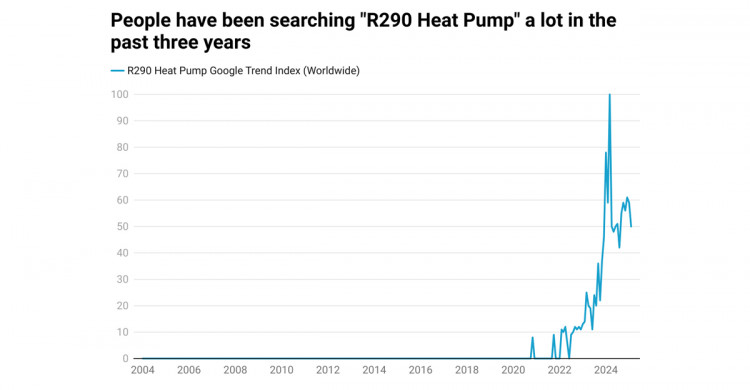
Global interest in R290 heat pumps has surged over the past three years, as shown by the Google Trends index
In the heat pump sector, over 80 new R290-based models have been announced since 2023, according to BloombergNEF. The pool industry is following suit, adapting to the rapid market transformation.
Recognising this shift, Fairland has incorporated R290 into its latest pool heating solutions, including the InverX23 heat pump. Featuring TurboSilence Inverter technology, it achieves an impressive COP of 23, ensuring maximum energy efficiency. Its 130% turbo mode enables rapid heating, even in challenging weather conditions. With a GWP of just 3--200 times lower than R32--the InverX23 is a forward-thinking solution fully aligned with upcoming environmental requirements.
There is no more room for doubt--the shift towards sustainable solutions is well underway. With less than two years before the 2027 deadline, heat pump manufacturers must take proactive steps to remain compliant with future regulations.
Meet the company FAIRLAND GROUP Limited at the exhibition PISCINA BARCELONA from 17/11/2025 to 20/11/2025
STAND N°D94 - Hall 2



